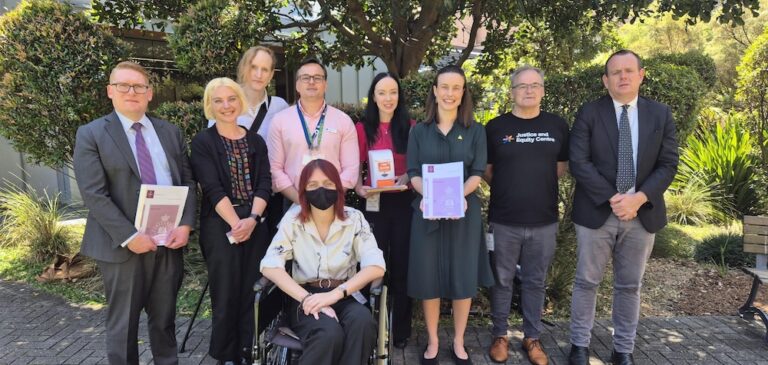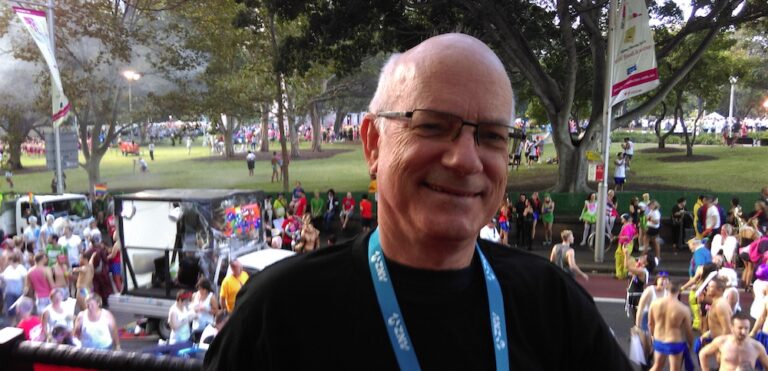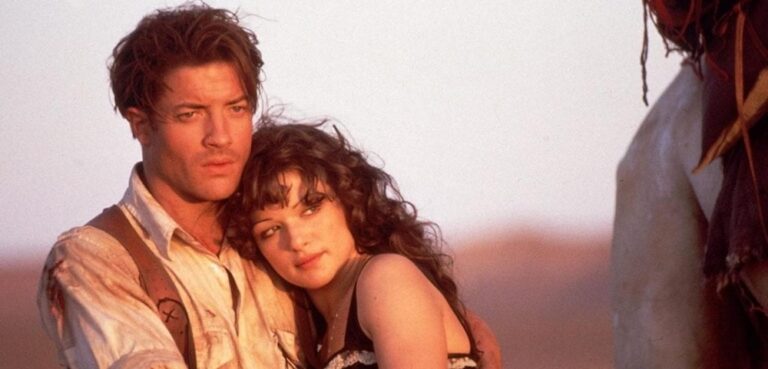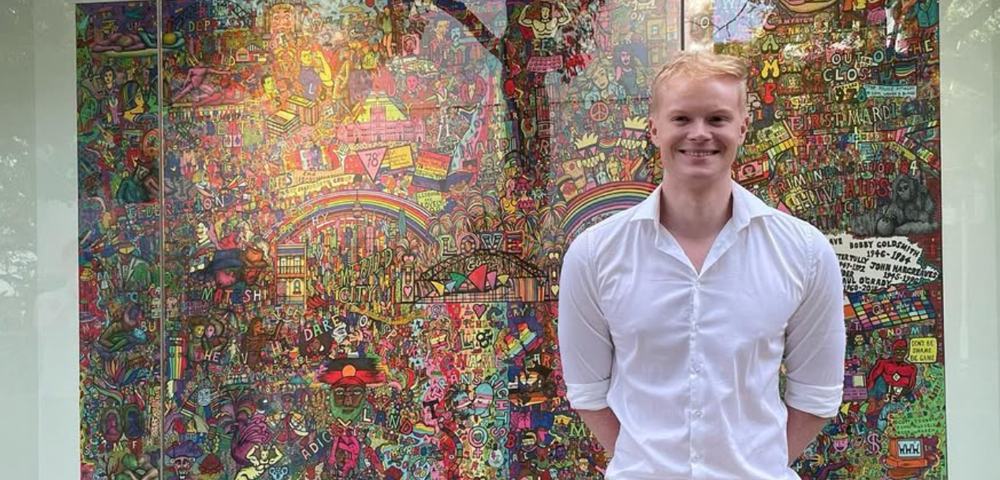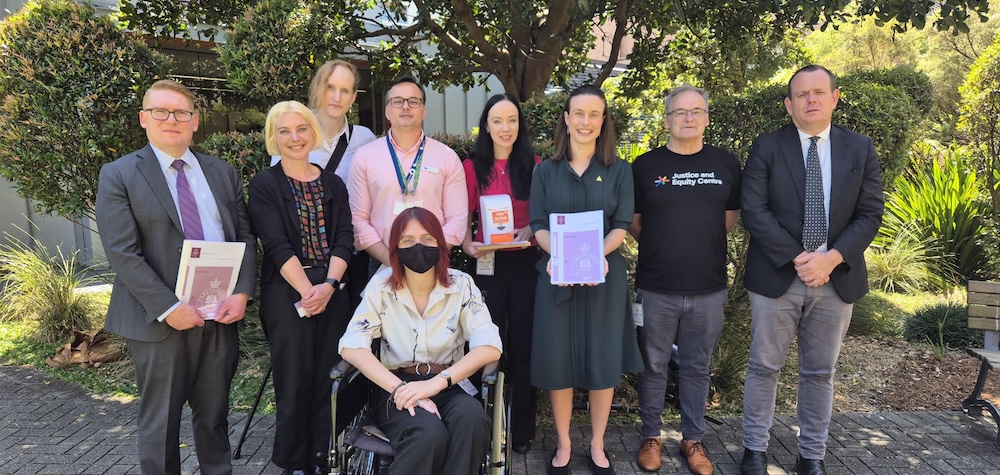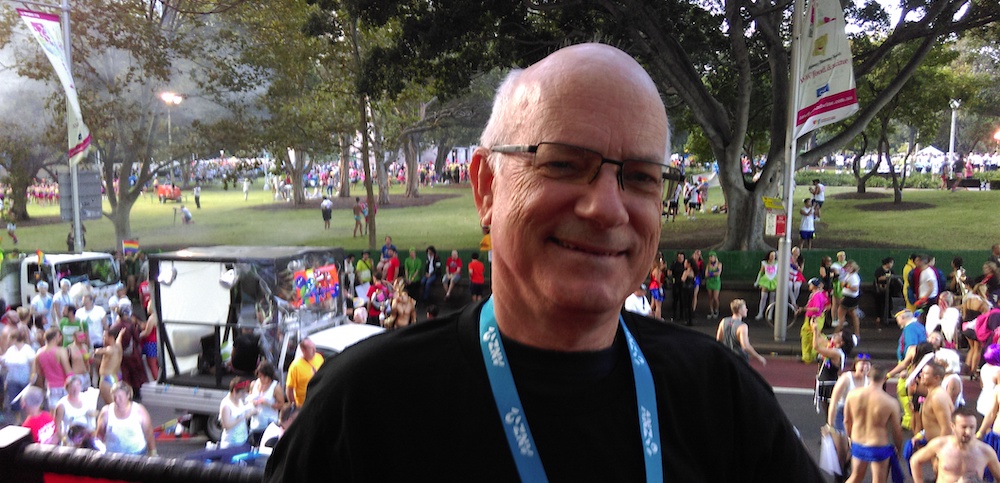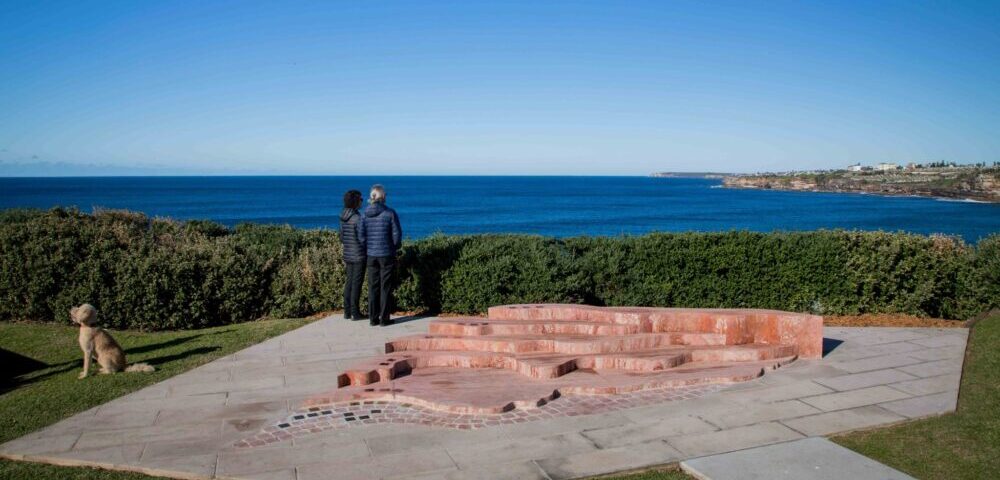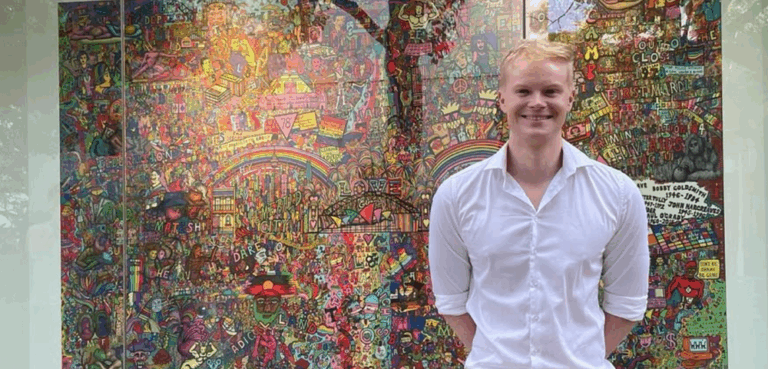
Remembering Larry Kramer
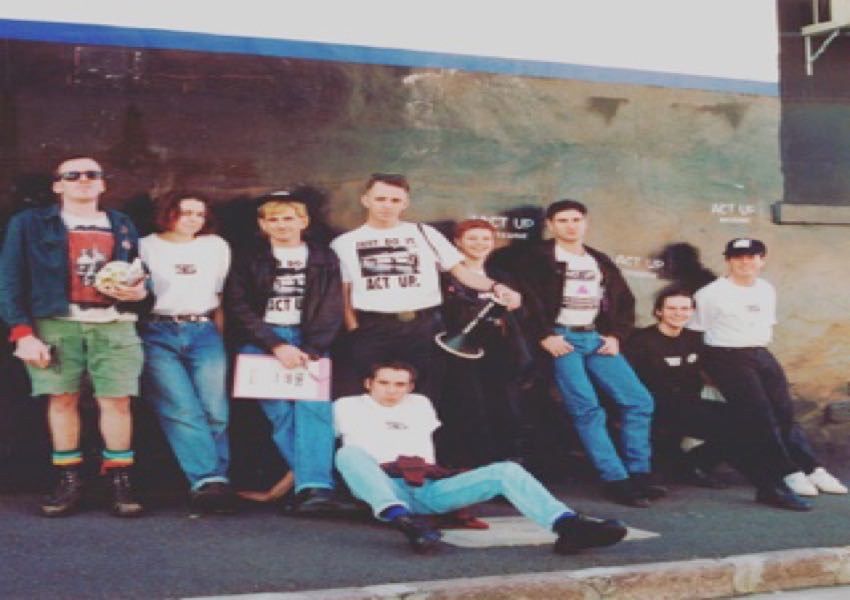
By Darryl O’Donnell, CEO of the Australian Federation of AIDS Organisation
Larry Kramer’s death is a moment of profound sadness. However it is also an opportunity to reflect on the civil society activism he seeded, and the powerful improvements to HIV prevention and treatment that subsequently flourished.
Larry founded both the Gay Men’s Health Crisis and ACT UP (the AIDS Coalition to Unleash Power) in New York in the 1980s. These pioneering organisations gave form to the twin missions of queer responses to HIV: caring for our communities, while channeling white hot fury into effective activism and change.
I was inspired by Larry’s example as a young activist in Brisbane. Joining ACT-UP was, for me, an expression of outrage at what was happening for us as gay men. So many people were dying, often young men in their 30s and 40s. So many were sick. It was an expression of grief. We demanded treatment access and justice for all.
In Melbourne, Larry’s example galvanised memorable ACT-UP protests. In July 1991, Kramer-inspired troublemakers turned Melbourne’s Floral Clock into a cemetery, ripping out flowers from the garden beds and replacing them with white crosses. A mass ‘die-in’ followed under the Flinders Street station clocks.
ACT-UP demanded immediate access to life-saving treatment when so many were dying and, ultimately, we got it. D-Day was June 6, 1991. ‘D’ was for deaths, drugs, delays and deadlines. The image of ACT UP members – the late Bill Hathaway among them – standing in a row outside Australia’s Parliament House with red flares lit in distress is one of the defining images of our community’s history. Inside, an activist abseiled to the floor of the chamber as the Health Minister spoke.
And, as a community, we won. Australia’s therapeutic goods regulator was reviewed and drug access was improved. Yet we didn’t win. In 1994, more than 1,000 of us died. In just one year.
AIDS activists’ highly visible protests forced mainstream Australia to confront the stark trauma our communities faced. There was no easy or palatable way of making these points. Larry gave us the courage to communicate bluntly and honestly about this unfolding reality.
Larry’s activism and his art regularly converged. His play, The Normal Heart, wove much of his own story into that of the broader AIDS crisis in New York City between 1981 and 1984. This later became an award-wining television drama starring Mark Ruffalo and Julia Roberts.
Larry Kramer’s example galvanised so many of us into activism. His legacy continues today in the work of AFAO and our members – Thorne Harbour Health and ACON among them – in leading our communities’ fight for health and for justice and finishing our mission to end HIV transmission.
